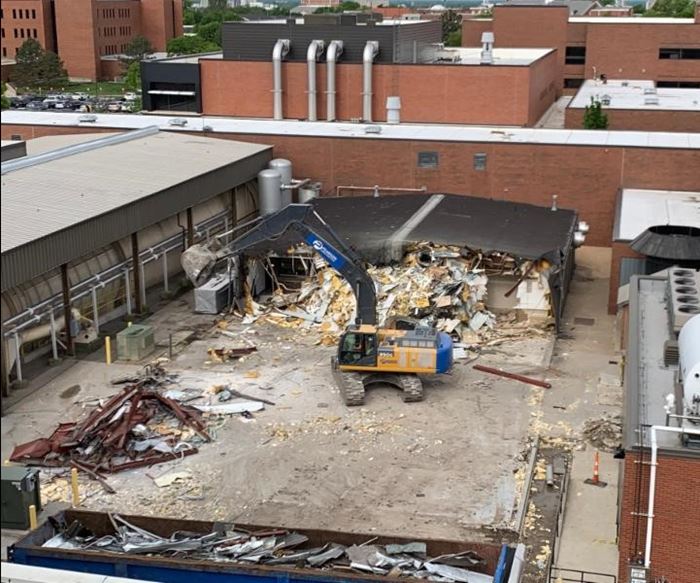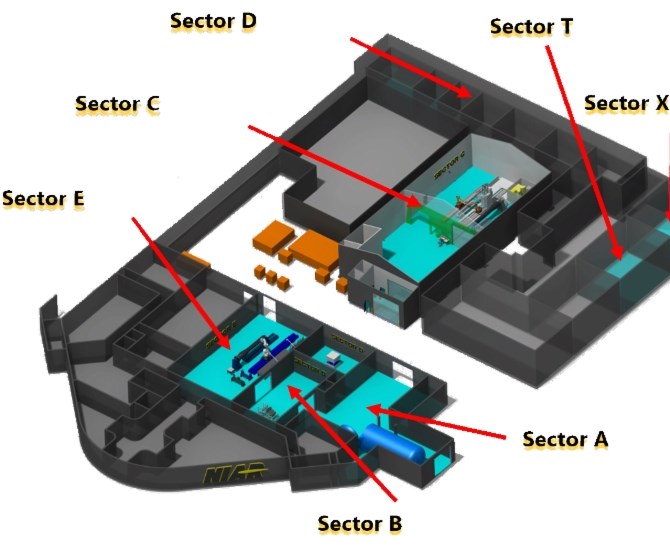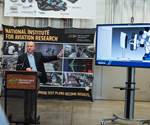NIAR begins construction on new ATL, AFP lab
The Advanced Laboratory for Aerospace System (ATLAS) will develop manufacturing protocols for automated fiber placement (AFP) and automated tape laying (ATL) for aircraft systems.
The National Institute for Aviation Research (NIAR) at Wichita State University (Wichita, Kan., U.S.) has begun construction on its new Advanced Laboratory for Aerospace Systems (ATLAS), which is located on the main campus headquarters and is expected to be completed in the summer of 2020.
ATLAS will be a facility for the development of manufacturing protocols for automated fiber placement (AFP) and automated tape laying (ATL) for aircraft systems incorporating real-time inspections and machine learning algorithms. NIAR senior research scientist Waruna Seneviratne will lead the lab.
Equipment and personnel within ATLAS will specialize in various areas: digital twin manufacturing technology development, rapid prototyping and manufacturing, machine learning, “Factory of the Future,” and cybersecurity and sabotage protection.
Two of the sectors for the lab are complete, two more are expected to be completed in the fall, with the rest expected to be completed in the summer 2020.
“ATLAS provides a neutral ground for manufacturers to research advanced manufacturing concepts with various machine, software and processing options,” says Seneviratne. “It will also educate and train student Factory of the Future engineers on advanced manufacturing concepts.”
NIAR also recently was awarded a $2 million grant to go toward research equipment for the ATLAS facility.
Related Content
-
Manufacturing the MFFD thermoplastic composite fuselage
Demonstrator’s upper, lower shells and assembly prove materials and new processes for lighter, cheaper and more sustainable high-rate future aircraft.
-
Plant tour: Joby Aviation, Marina, Calif., U.S.
As the advanced air mobility market begins to take shape, market leader Joby Aviation works to industrialize composites manufacturing for its first-generation, composites-intensive, all-electric air taxi.
-
Sulapac introduces Sulapac Flow 1.7 to replace PLA, ABS and PP in FDM, FGF
Available as filament and granules for extrusion, new wood composite matches properties yet is compostable, eliminates microplastics and reduces carbon footprint.

.jpg;width=70;height=70;mode=crop)















